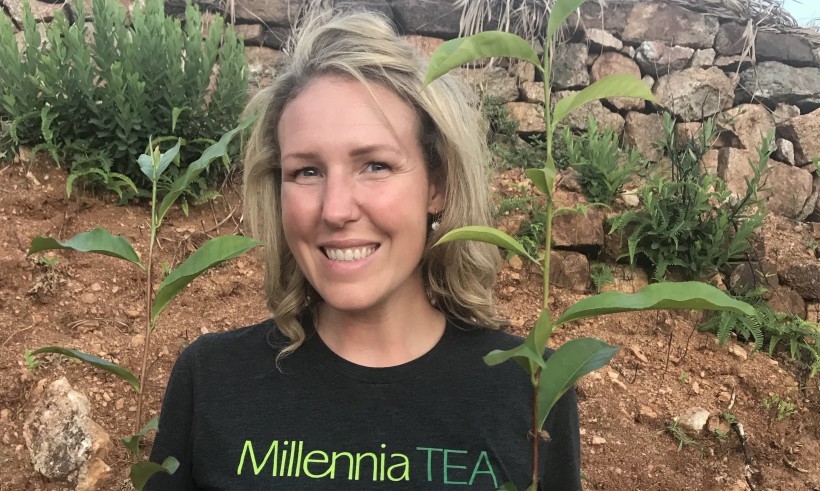When Saint John-based Millennia Tea brought its frozen tea products to market in the depths of the pandemic, CEO Tracy Bell had a problem: how to entice potential buyers in a world where the usual promotional methods were unworkable.
Food companies launching new products usually lean on free samples and in-store promotional displays to draw the interest of would-be customers. But the advent of lockdowns and social distancing meant shoppers were looking to minimize the time they spent in stores and were difficult to reach via the old playbook.
So Bell oversaw a sweeping digital marketing campaign that has gained new importance thanks to Millennia Tea being added to shelves in 300 Loblaw-owned grocery stores across Canada. And the company has raised a seed round from investors including Princeton, New Jersey’s SOSV and specialist venture capital firm Distributor’s Fund.
“We are asking people to consider tea as food and food as medicine,” said Bell in an interview. “And we're asking them to find us in a part of the store that you wouldn't go looking for tea … We’re a category unto ourselves.”
Millennia sells edible, flash-frozen tea in three forms: loose-leaf, chopped and cubed. The company says its antioxidant-rich tea could offer health benefits to consumers, particularly since it is flash-frozen to preserve nutrients. It sources its tea directly from farmers in Kenya, Colombia and Sri Lanka.
The Loblaws deal follows-up national listings with Whole Foods and Sobeys last year. It has seen Millennia Tea added to the shelves of Atlantic Superstores in Atlantic Canada, a handful of different Loblaws subsidiaries in Quebec and Real Canadian Superstores in the western provinces.
To make its current growth possible in the midst of COVID-19, Millennia turned to social media, and particularly “influencers” — micro-celebrities that make their income off promoting products online.
The team also started a referral program. Bell described the strategy as an “old school” approach that gained new viability in the digital era, because as people interacted less outside their bubbles, the opinions of their social circles took on even greater than usual importance.
She described Millennia’s sales funnel like this: “Learn about us from a friend or from seeing us online, sign up for our email newsletter, get some emails, get educated, go into the store, walk by the product and notice the sale sticker. Take the bag home.”
Next on the agenda for Bell’s team will be expanding the range of products Millennia Tea offers. She said that increasing the amount of shelf real estate a company’s offerings consume also increases its visibility to consumers — in a literal sense.
She declined to disclose the size of the newly finalized capital raise to respect the privacy of the investors, who were mostly private citizens, apart from the two VC firms. But she said the value of the deal was “about what you’d expect for a seed round.” Seed capital raises tend to be in the low to mid seven figures.
Bell is also aiming for a Series A funding round by the end of this year.
So far, Millennia has eight employees, with several having been hired over recent months as the funding round neared completion.










